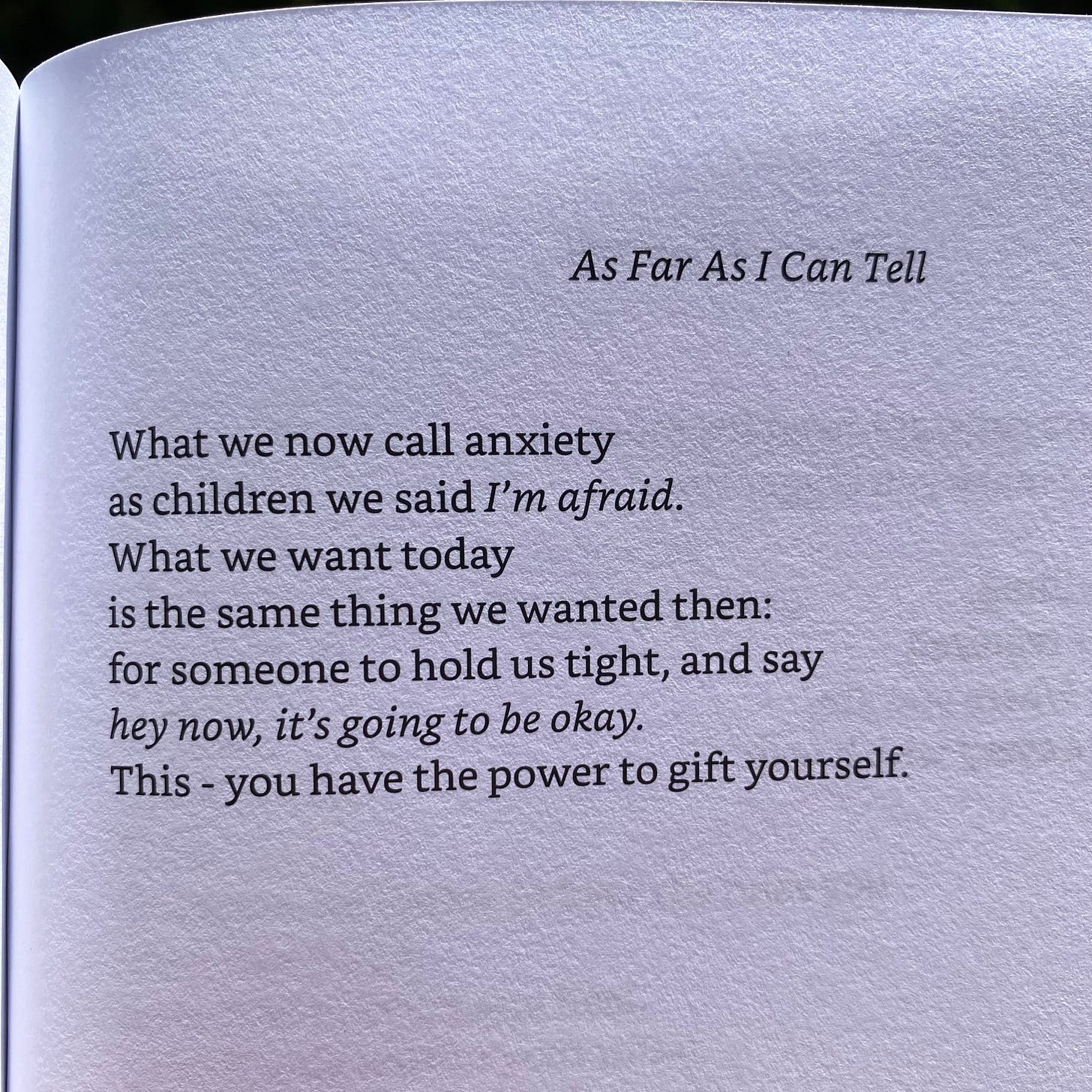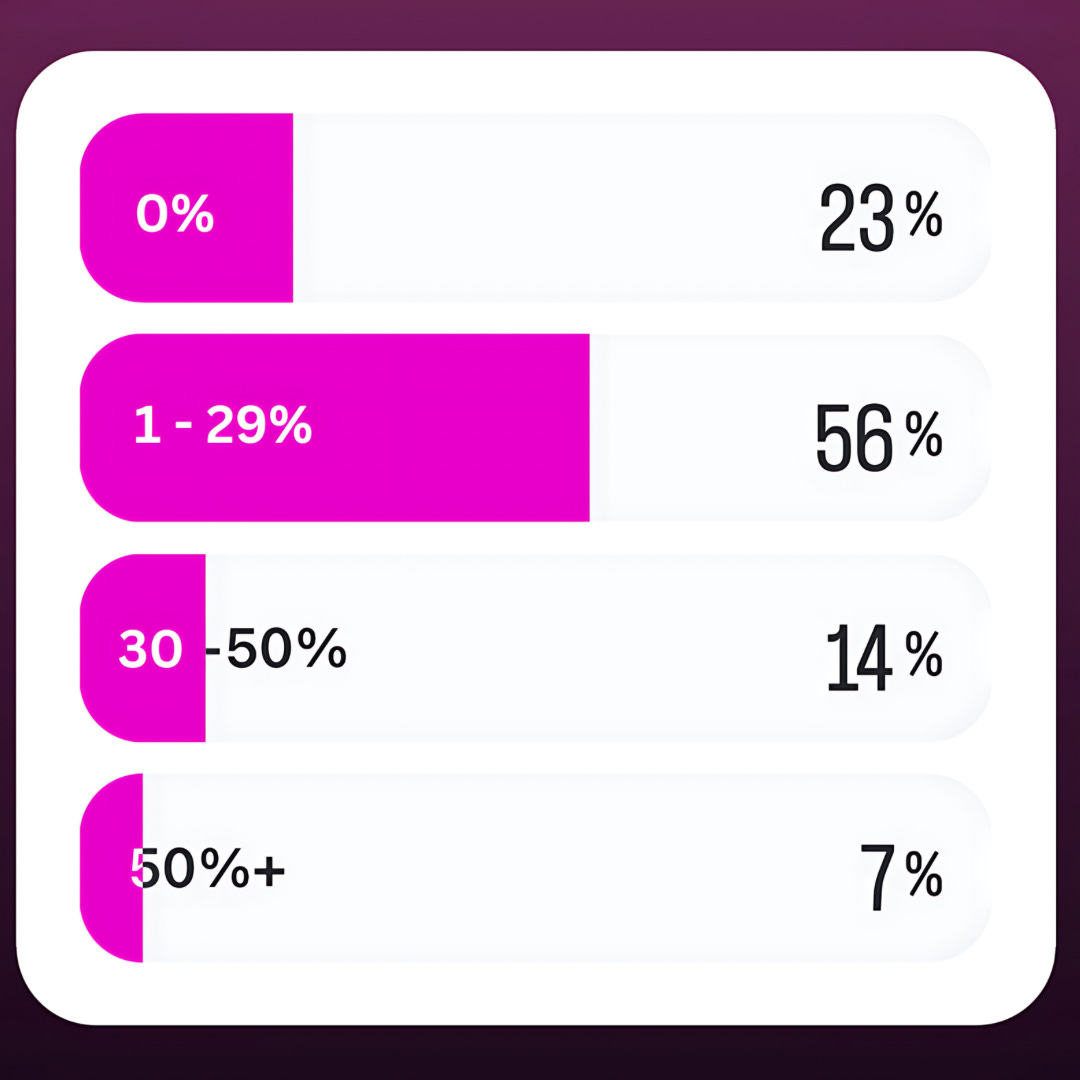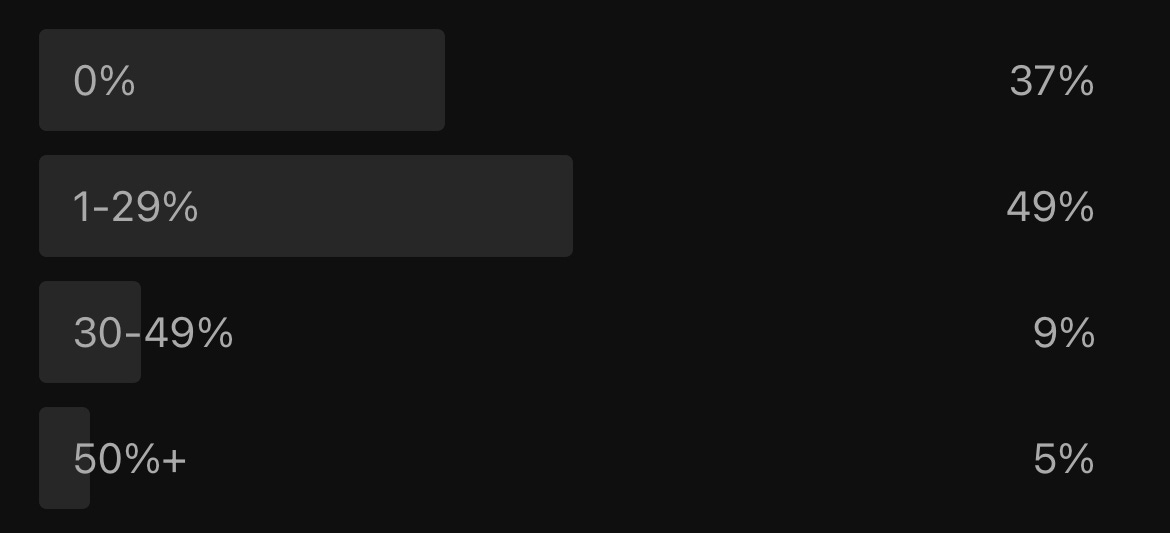The 'Good Enough' Mother
A parenting statistic unlike any other.
If mother is not consistently available, is self-absorbed or absorbed elsewhere, is erratic and unstable or unable to be emotionally present for the child, then we don't experience her as home base. This may show up in adulthood as difficulty establishing a sense of home.
- Jasmin Lee Cori
If you’ve never heard the following statistic, it’s going to blow your mind.
But before I tell you, I need to ask you one question: looking back at your childhood now, how often would you say your mother was well-attuned to you? What percentage of the time was she present, empathetic, and helping you feel safe in the world? Take a moment to really think about the number and continue on once you have it in mind.
In the 1950s, psychoanalyst D.W. Winnicott coined the term “good enough mother” while studying the relationship between mother and child. Winnicott found that the amount of attunement required by a child for secure attachment to take hold was just 30% of the time!
That’s right, so long as the mother was present, empathetic, and making the child feel seen 30% of the time, it would be enough to develop secure attachment and allow the child to avoid the lifelong struggle with loneliness that children of emotionally absent parents are so often plagued by.
But if you’re thinking “Great, 30% should be no problem,” think again.
I recently asked my Instagram community what percentage of the time they felt their mother was well-attuned to them. The results were somehow both shocking and not at all, given the conversations I have every day.
Only 21% of people reported as having crossed the threshold for secure attachment.
The results on YouTube were even worse.
This time, just 14% of voters felt they had reached that critical attachment baseline!
And while our community is admittedly skewed in that direction thanks to the types of books and authors we feature, it still points to huge parts of the population having been deprived of the most basic opportunity any child can have: a secure relationship with their mother. A tragic state of affairs considering how low the 30% bar is.
And so the big question: what do we do about it? How do we heal the wounds left by an emotionally absent parent and ensure that we cross that all important threshold for being a good enough parent ourselves?
The Path To Healing From Emotionally Absent Parents
In the book The Emotionally Absent Mother, psychotherapist Jasmin Lee Cori shares words of encouragement for anyone working on healing their mother wound.
The good news is that the deficits of inadequate mothering can be made up for later—maybe not completely, but more significantly than we usually dare to hope.
The process of accomplishing this, writes Cori, is made up of three steps:
Letting go of fantasies that our parent will change.
Grieving the loss we experienced by having the parent we did.
Making up for what we were missing by reparenting our inner child.
Note: We’ll be reading The Emotionally Absent Mother and working through each step of the healing process in our community beginning November 1.
How To Avoid Becoming An Emotionally Immature Parent
When it comes to making sure we are always good enough parents to our own children, Dr. Lindsay C. Gibson, author of Adult Children Of Emotionally Immature Parents, lists two criteria that separate an emotionally mature parent from an immature one:
Self-reflection and Self-correction.
According to Dr. Gibson, parents who regularly take the time to reflect on their interactions with their child and make conscious changes to behaviors that fall short of the parent they aspire to be, not only pave the way for secure attachment to occur, but teach their child the critical lessons of humility and personal responsibility.
And so, whether you had a good enough mother or not, or consider yourself one now or not yet, the important thing to keep in mind is that healing is always possible, and that a 30% baseline leaves plenty of room for error as we work to self-improve.

Perfectly Fitted Parts (Subscriber Feature)
Do you ever feel like just a kid inside? All the woundings and responsibilities of an adult, yet in need of only love and security—unable to will either into existence, not from the hearts of others in childhood, and hardly, if ever, from yourself?
Have you always felt alone? Like nobody has ever had your back?
If your mind ever tells you that you’ve never had anyone in your corner, remind it of the truth: you’ve had many—and they are all now in desperate need of you returning the favor.



